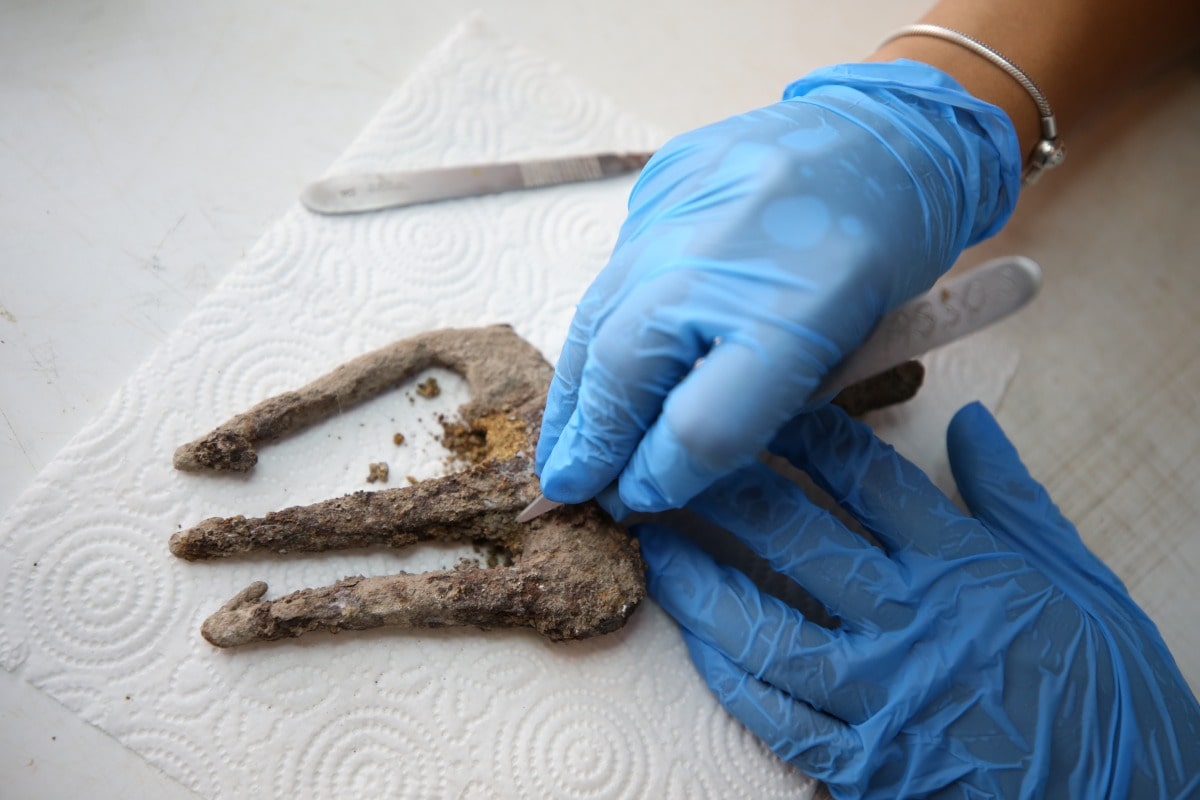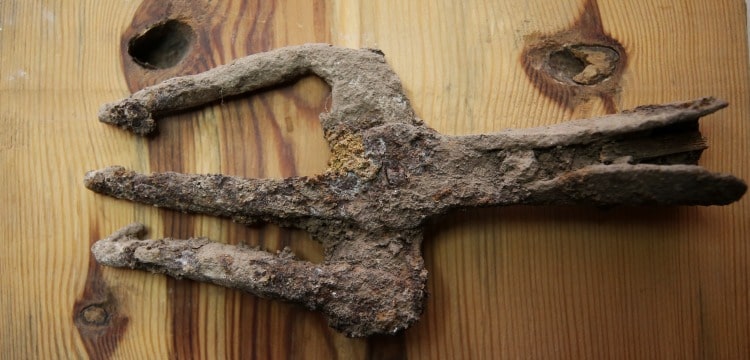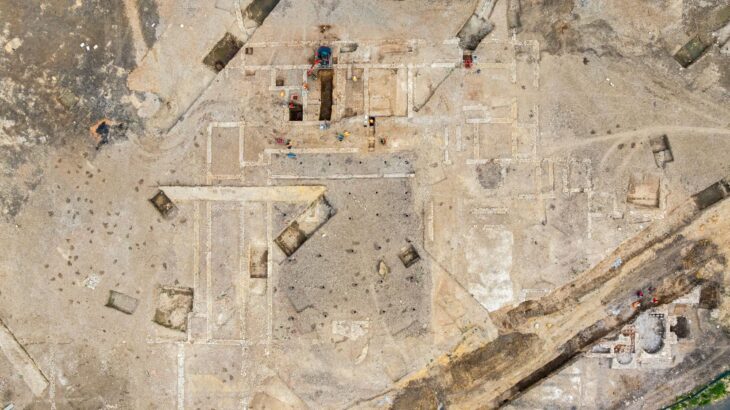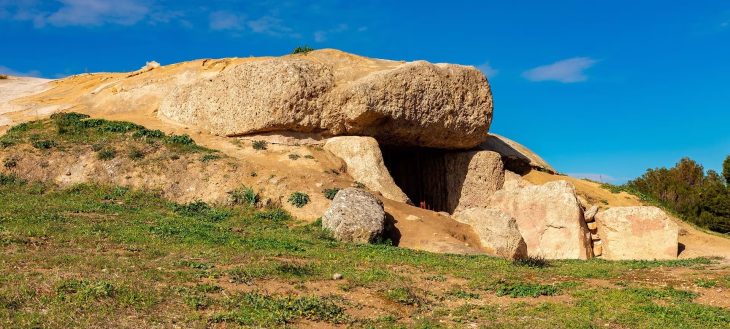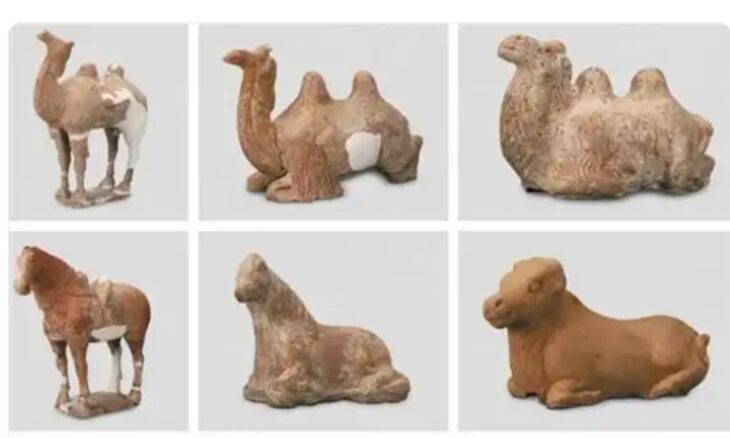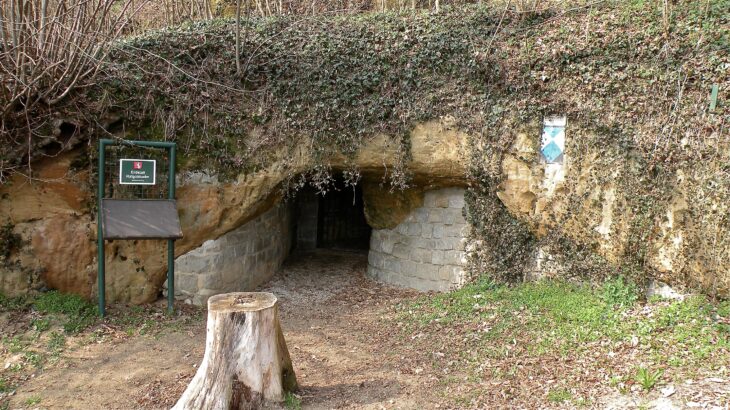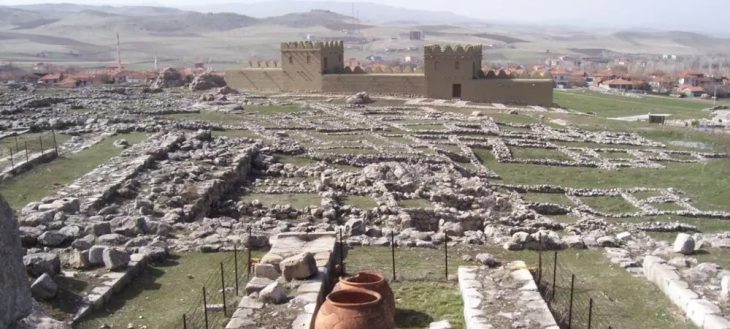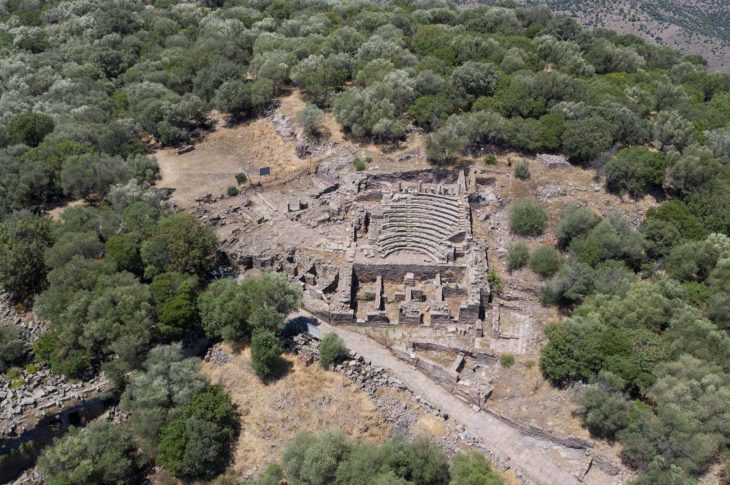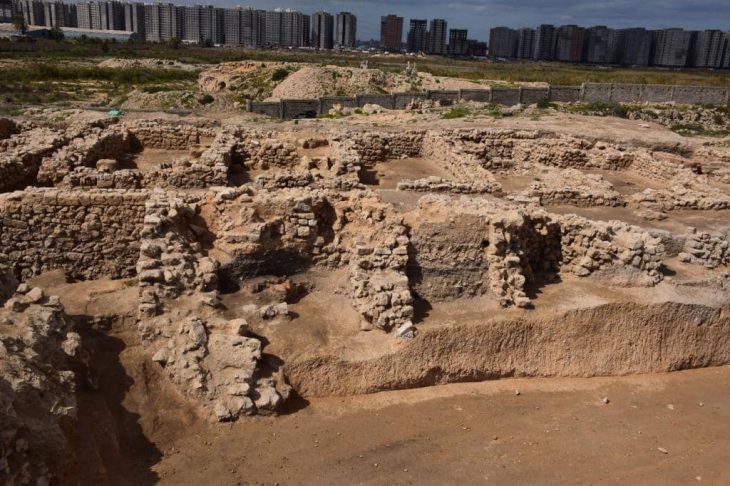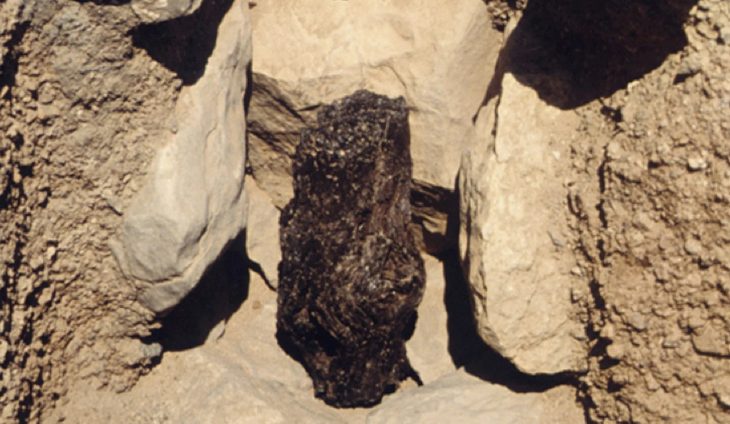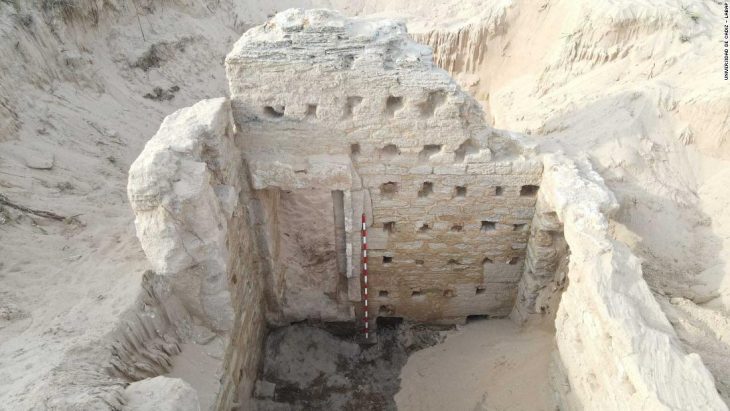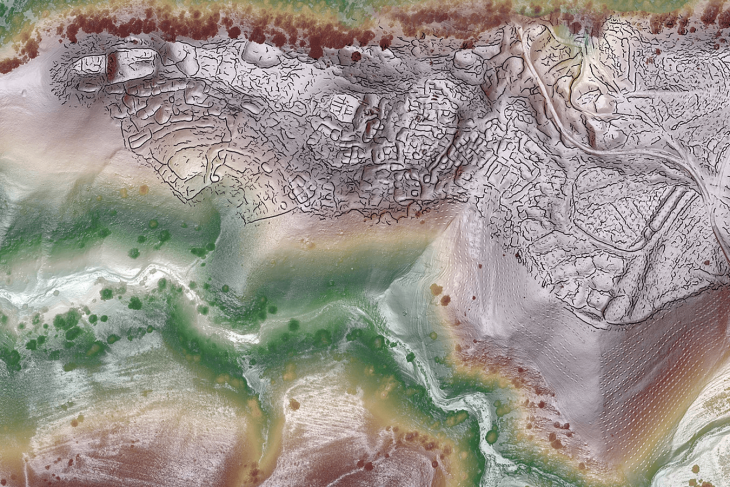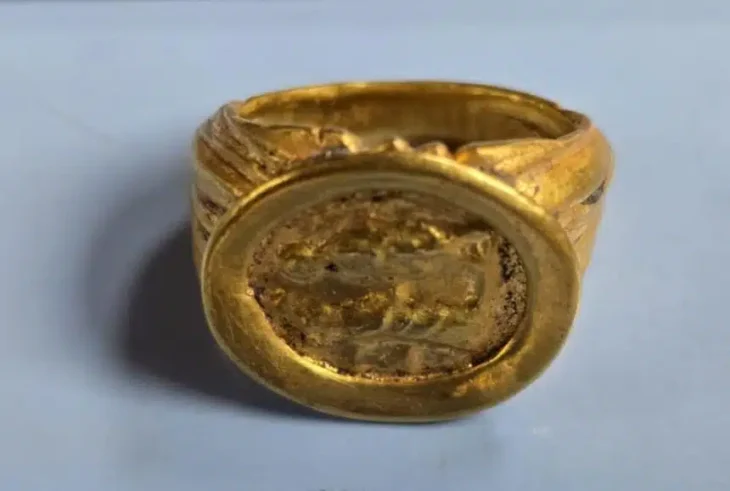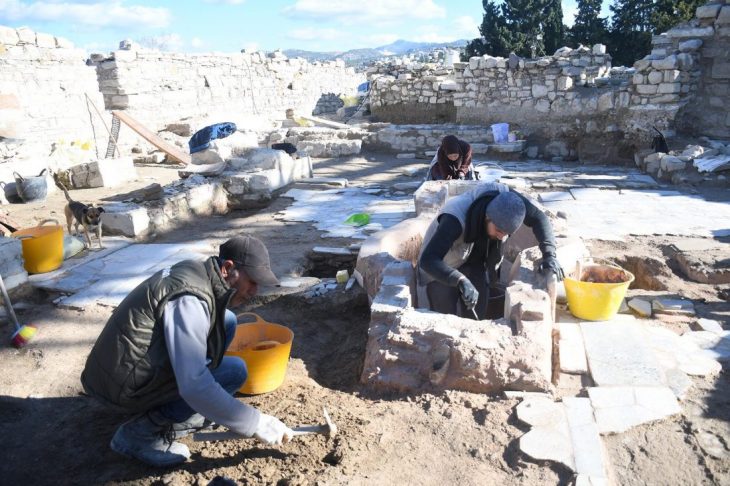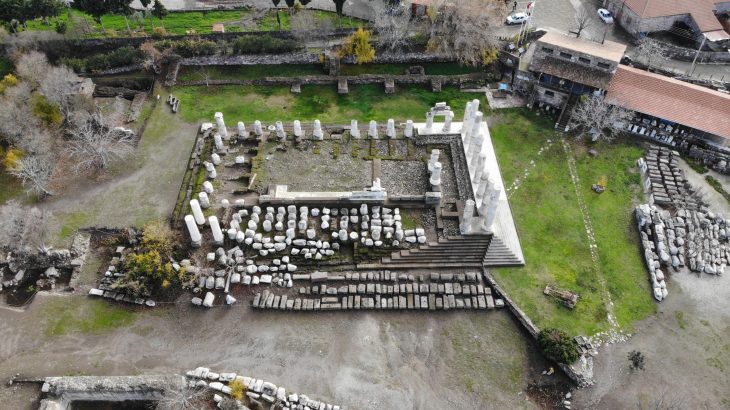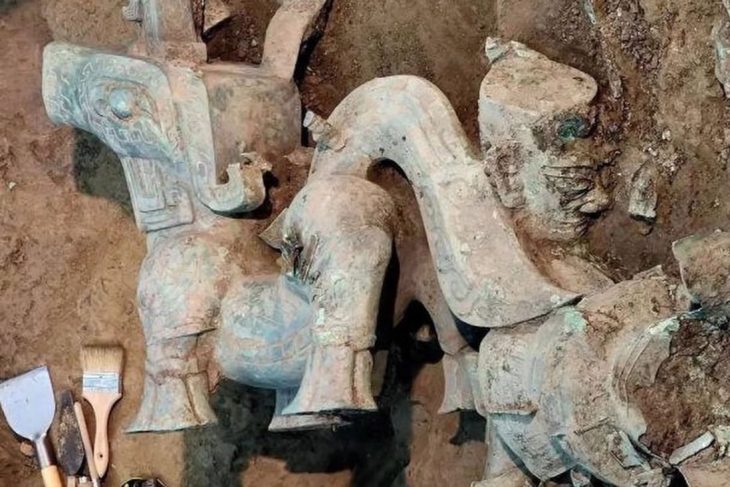An iron trident, believed to be used for fishing, dating to the 3rd or 4th century A.D. has been discovered in the ancient Aegean coastal resort town of Assos in northwestern Turkey.
The team was unearthed by archaeologists excavating the Nymphaion (eastern fountain), an ornate fountain on the east of the ancient city’s center.
Excavations in the ancient city are being carried out by a team led by Nurettin Arslan, a humanities and social sciences professor at Canakkale Onsekiz Mart University. The Culture and Tourism Ministry and the Turkish Historical Society are supporting the digging work.
An expert restorer worked on the archeological find to clear the trident of soil and oxidized agents on it.
The trident was found among pieces of the Nymphaion’s collapsed vault, and was instantly recognized as the business end of a hand-held fishing harpoon from its size and distinctive shape.
📣 Our WhatsApp channel is now LIVE! Stay up-to-date with the latest news and updates, just click here to follow us on WhatsApp and never miss a thing!!
Arslan told Anadolu that the fish spear was a material they have seen especially in murals and other depictions.
“This is the first time we find such materials in Assos, because tools made of iron are the materials decaying most rapidly in ancient cities,” [Nurettin Arslan, humanities and social sciences professor at Canakkale Onsekiz Mart University,] said. However, this trident found in this structure is an important example in that it was found almost completely intact.
“Although we know that such tools were widely used in ancient times, we can say that it is an important work since the examples that have survived so far are very rare. As far as we know, it is said or we see in descriptions that such tools were used in ancient times to catch big fish at sea in small boats by lighting them with a torch at night,” he added.
Assos’ fishermen, who have made their living from the sea for thousands of years, probably had access to harpoons like this one that were made in the area. Archaeological evidence of iron smelting and working has been discovered in Assos, so it is possible that the metal came from the city.
Assos, located in Behram Village in Ayvacık District of Çanakkale Province, was founded by immigrants from Lesbos (Methymna Settlement on Lesbos Island) in the 7th century B.C., according to ancient writers. It has been determined by recent archaeological studies that the history of the city dates back to the Bronze Age.

